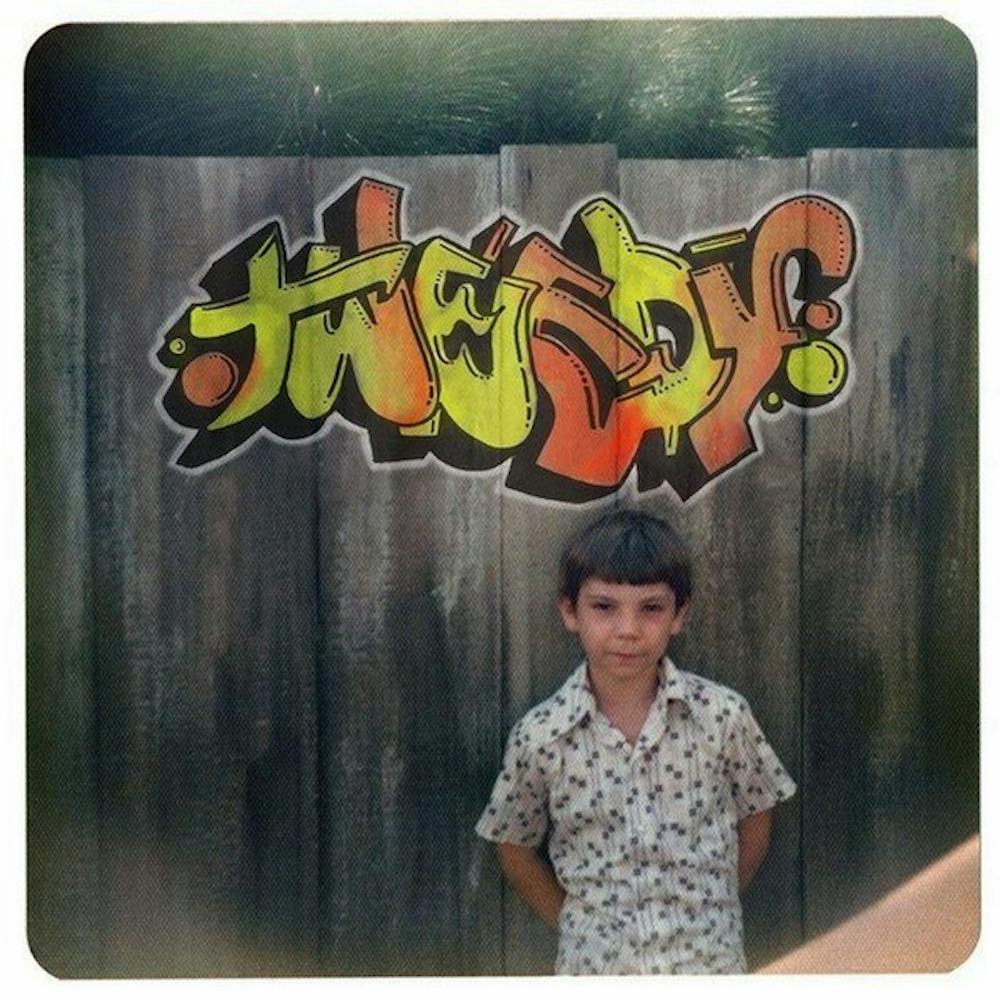“Sukierae” might best be described as the Jeff Tweedy fan’s ultimate Jeff Tweedy album. It is 20 tracks of Tweedy exploring his various musical styles, from the progressive rock style of his main project, Wilco, to the acoustic sound he displays at live solo shows. The songs’ lyrics are deeply personal and, on most tracks, Tweedy is backed up by his 18-year-old son Spencer on drums.
In a recent interview with The Guardian, Tweedy described the album as having “several marked gear shifts, allowed by the double album format.”
“Listening to it all at once is a leap of faith,” he said.
These remarks sum up why “Sukierae” is at once both great and frustrating. Its best moments feel like Tweedy’s unique distillations of a particular style, and its worst feel plodding and unnecessary.
A high point on the album comes in its 15th track, “New Moon.” The song is built on folky, strummed acoustic guitar over a laid-back, but still intricate, drum beat. Then, as each verse ends, Tweedy’s mumbling vocals give way to his brilliant, soulful, Neil Young-esque guitar solos. The song perfectly covers both ends of Tweedy’s folk-rock spectrum and never becomes droning or excessively heavy.
Tracks “Low-Key,” “Pigeons,” “World Away” and “Slow Love” are similarly well-crafted, achieving an ideal balance of folk introspection and rock energy.
Then, there are songs like “Desert Bell,” the 12th song on “Sukierae.” It isn’t a bad song — this album really doesn’t have any “bad” songs on it. That said, the track never goes anywhere. It lacks any build-up, and it instead rambles for a little more than three minutes. Tweedy’s singing is low and laconic, the drums and guitar are incredibly laid back, the accents of electric guitar are echoing and slow. The song lacks a vitalizing element to set it apart from the rest of the track listing.
Not many other songs on “Sukierae” suffer from this problem to the same degree, but a lack of distinction haunts a majority of the songs in some capacity, which makes listening to the entire thing somewhat tiring. Too many songs in a row are similarly downbeat, containing only moments of Tweedy’s experimental rock genius. On the whole, the songs just don’t hold the listener's attention.
Of course, Tweedy’s aforementioned remarks about the double album acknowledge this issue. He admits to liking how, when one part of the album ends, he “can take a little breather before I listen to the second part.” Indeed, “Sukierae” is much more successful when approached in this manner, spaced out and broken up into five or 10-song segments. This isn’t a problem so much as it is something to take into consideration to best enjoy the record.
Ultimately, “Sukierae” has its moments of strength. It shows the musician doing everything he does best, transforming from folk troubadour to rock virtuoso — and back again. In the end, it’s hard to argue the album won’t please any of Tweedy's and Wilco’s most committed fans.





